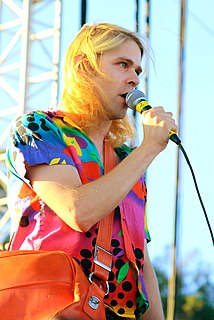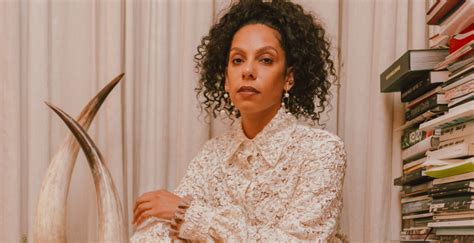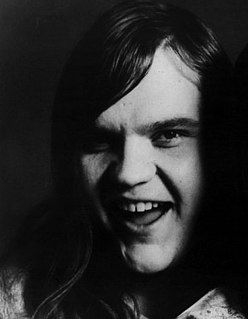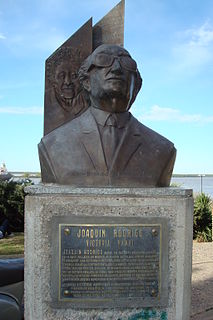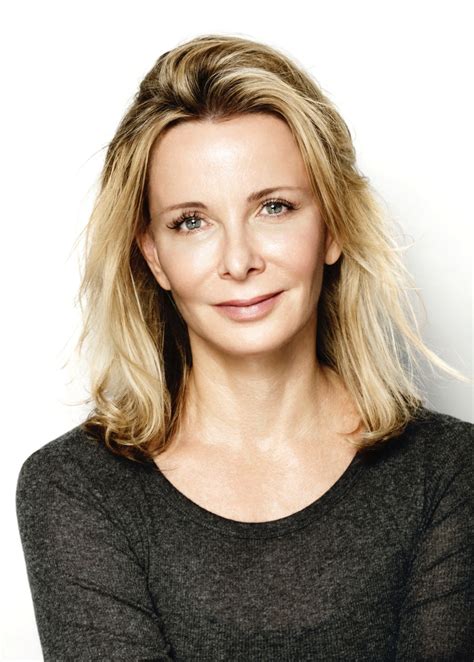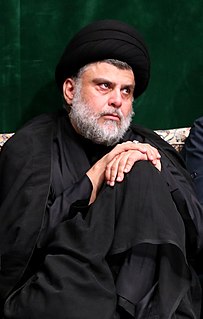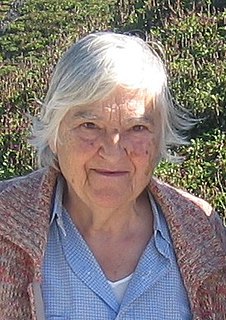A Quote by Ariel Pink
I procrastinate, and I push writing to the last available moment, because I don't like to settle on anything. I guess you can call it indecision or you can call it holding out for inspiration.
Related Quotes
The first time it happened I was ten.
It was an accident.
The second time I meant
To last it out and not come back at all.
I rocked shut
As a seashell.
They had to call and call
And pick the worms off me like sticky pearls.
Dying
Is an art, like everything else.
I do it exceptionally well.
I do it so it feels like hell.
I do it so it feels real.
I guess you could say I've a call.
If you push in every time there's a big moment, then the tenth time you push in, you're not going to get the same effect. Or if you have too many close ups, then when you have a big moment and you want a close-up in order to make a point, it doesn't mean anything because you've already been doing close-ups. It's like writing in all capitals. Then after a while that doesn't mean anything. So, just because you can do something with a camera doesn't mean you should.
There comes the baffling call of God in our lives also. The call of God can never be stated explicitly; it is implicit. The call of God is like the call of the sea, no one hears it but the one who has the nature of the sea in him. It cannot be stated definitely what the call of God is to, because his call is to be in comradeship with himself, for his own purposes, and the test is to believe that God knows what he is after.
The greatest source of inspiration is hard work. Of course, I also believe in inspiration itself, but sometimes you have to provoke it, call on it repeatedly, even though it may take a while. There are times when I feel uninspired and I don't want to compose. I call these my 'bewitched' periods. I have to be touched with a magic wand.
The Last Arrow transcends a moment or an issue. It is a call to move beyond self-indulgence to a life of sacrificial service. In The Last Arrow I address a broad spectrum of issues from the Syrian refugee crisis to the cultural epidemic of depression to the personal struggle of insignificance. The Last Arrow is a clarion call to make a difference in the world rather than a self-help book for personal self-improvement.
People call me for interviews on censorship type topics all the time, like that Gannette interview.I don't hold myself out to be an authority on it, but the reason they call me is that they know that I'll at least open my mouth, and give an opinion, whereas other people will play it safe, and won't say anything, because they don't want to offend anybody.
In every sport there comes a moment when a spell of bitter weeping seems like a fair recess from whatever tough work is going on. It's only the steeliest among us who can fight the urge to turn negative-who instead will make contact and redouble her efforts. Call it grace under pressure. Call it grit....call it excellence.
